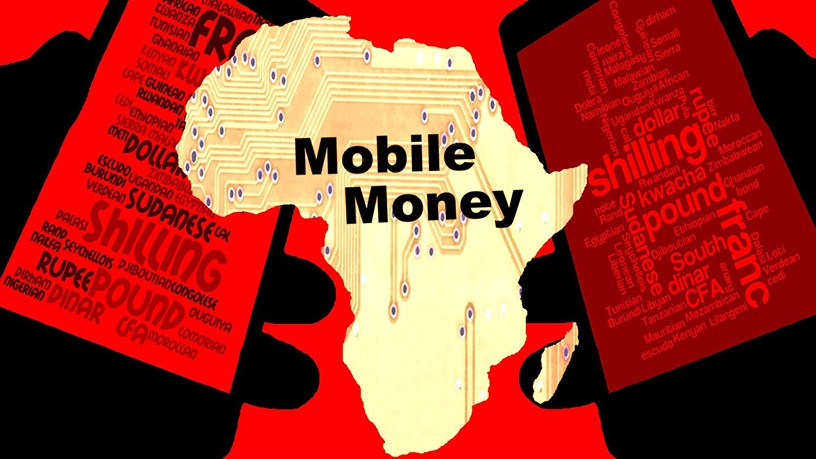EcoCash pens deal to enable PayPal service in cash-strapped Zimbabwe

Zimbabweans are now able to use PayPal’s Xoom for remittances after mobile money platform, EcoCash inked a partnership with global payment network Thunes to facilitate payments utilising the global remittance platform.
EcoCash confirmed the new development this week and a spokesperson for the company said: “Leveraging our Hub partnership with Thunes, we are excited to add Xoom, a PayPal money transfer service, to our growing number of remittance partners to Zimbabwe.”
PayPal’s availability in the Southern African country comes a week after World Remit terminated direct remittances into Zimbabwean bank accounts of recipients - although remittances for cash pick-up are still available.
Last month authorities closed down another US Dollar mobile wallet, Innbucks, citing irregularities with its registration with the country’s Central Bank.
EcoCash recently received approvals from the Reserve Bank of Zimbabwe to re-open US Dollar mobile wallet accounts. The company already runs a remittance service from countries such as South Africa and the UK.
Under the new arrangement, Zimbabweans in the diaspora with a PayPal account are “now be able to send funds directly” back home into EcoCash USD wallets.
“Anyone with a PayPal account can now simply log on to the PayPal Xoom service, using their PayPal credentials, and be able to instantly send money to their family or friends on EcoCash USD wallet from wherever they are around the world,” the spokesman added.
Foreign currency about-turn
This week Zimbabwe President Emmerson Mnangagwa signed into law a statutory instrument stipulating US Dollar as an official currency, alongside the Zimdollar local unit for the next five years.
The new law is aimed at ensuring that obligations incurred in US Dollars will have to be paid back in US Dollars, a break-away from Zimbabwe’s official stance on foreign currency and determination to protect the Zimdollar as a primary legal tender.
Mobile money and electronic funds transfer have become dominant owing to cash shortages in the Southern African country.
Zimbabwe has been ramping up taxes on US Dollar electronic transactions after hiking the Intermediated Money Transfer Tax from 2% to 4%.